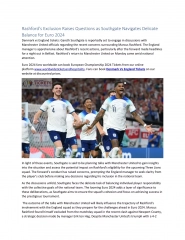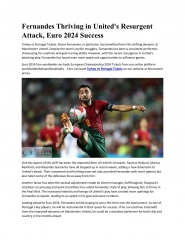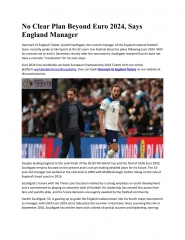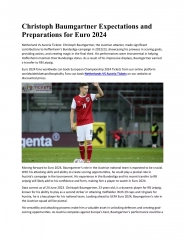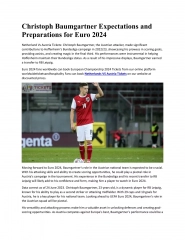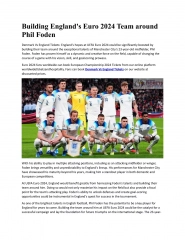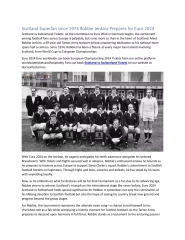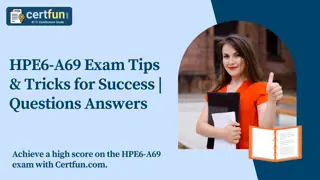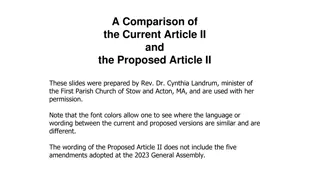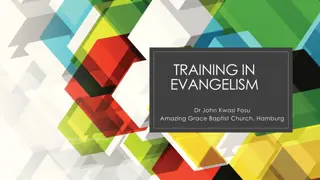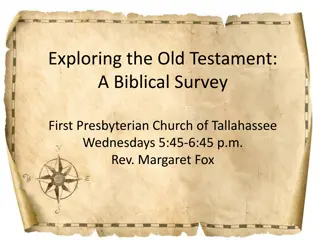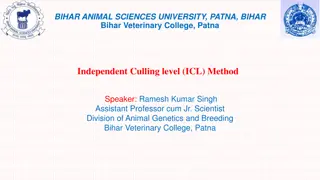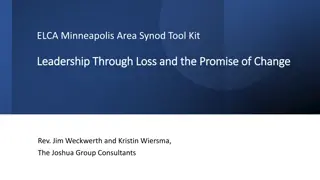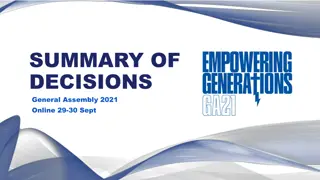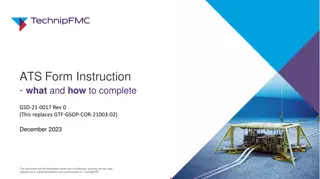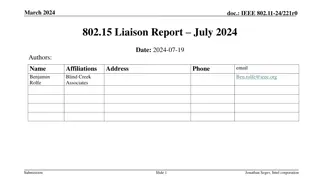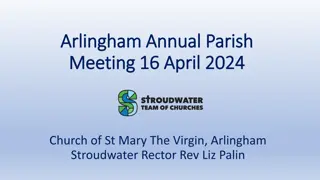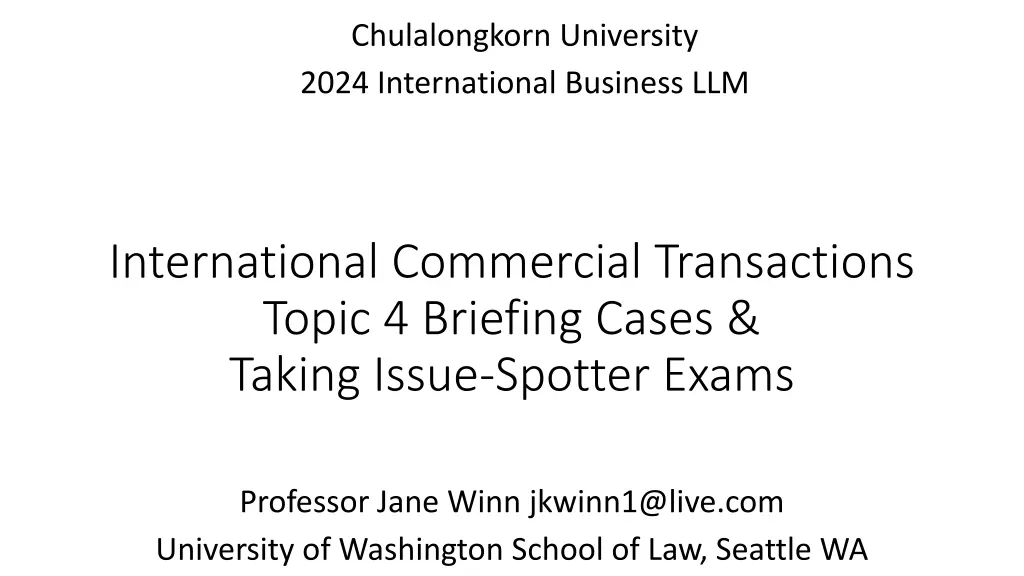
Understanding Legal Reasoning in International Business Law
Dive into the process of legal reasoning in international commercial transactions through case briefings, issue-spotter exams, and analyzing rules and elements to determine outcomes based on key facts.
Download Presentation

Please find below an Image/Link to download the presentation.
The content on the website is provided AS IS for your information and personal use only. It may not be sold, licensed, or shared on other websites without obtaining consent from the author. If you encounter any issues during the download, it is possible that the publisher has removed the file from their server.
You are allowed to download the files provided on this website for personal or commercial use, subject to the condition that they are used lawfully. All files are the property of their respective owners.
The content on the website is provided AS IS for your information and personal use only. It may not be sold, licensed, or shared on other websites without obtaining consent from the author.
E N D
Presentation Transcript
Chulalongkorn University 2024 International Business LLM International Commercial Transactions Topic 4 Briefing Cases & Taking Issue-Spotter Exams Professor Jane Winn jkwinn1@live.com University of Washington School of Law, Seattle WA
Appreciate Flowers from Horseback Cases Holding Holding Holding Holding Holding Disputes
What Is a Rule A condition + an action or a process Rule? IF [scope of rule], THEN [outcome] IF [21 years old], THEN [OK to drink alcohol] IF [driving a car on this road], THEN [OK to drive up to 60 MPH] Scope (i.e., circumstances when this rule applies) are often not spelled out explicitly Computers do something similar to legal reasoning: A function is a block of software code that does something specific, it is similar to the action/processing part of the rule A parameter establishes what kind of values (facts) the function can process, it is similar to the scope part of the rule An argument provides a function with specific values for the variable defined by the parameters of the function, it is similar to the facts of a specific dispute
What Is an Element Element of a Rule? IF [US Citizen & 18 years old], THEN [can vote] US citizen is ELEMENT, 18 years old is ELEMENT, can vote is OUTCOME I m French, can I vote? No I m American and 17, can I vote? No I m American and 18, can I drink alcohol? No (because that s not voting) I m American but my parents never registered my birth and cannot remember my birth date but it was around 18 years ago, can I vote? MAYBE
Relevant/Irrelevant Fact Facts can be KEY or outcome determinative Facts can be background information (interesting to the reader, but irrelevant to the legal decision) Fact can be designed to mislead or distract the reader ( spin facts) Example: IF [US Citizen & 18 years old], THEN [can vote] US citizen, 18 years old, voting are all key facts Live in Seattle is background information Card-carrying member of the Communist Party is irrelevant
Apply Rules to Facts to Find Outcomes Rule = IF [driving a car on this road], THEN [OK to drive up to 60 MPH] Facts = driving 55 MPH Apply rule to facts: because driving a car on this roadat 55 MPH is not over 60 MPH, no speeding ticket [outcome]
Look for a law-fact nexus If there is a law-fact nexus then it is possible to apply a legal rule to the facts and generate a legal outcome (defendant is liable to plaintiff, defendant is NOT liable to plaintiff, etc.) But what if there is no law-fact nexus ? Then failure to state a claim upon which relief can be granted (U.S. Federal Rules of Civil Procedure) Omettre d invoquer une cause d'action susceptible de r paration, or chouer d engager une action en justice susceptible de donner une cause d'action la victim How to figure out whether or not there is a law-fact nexus? Reason by analogy from known examples In ethics, casuistry (/ k zju stri/ KAZ-ew-iss-tree) is a process of reasoning that seeks to resolve moral problems by extracting or extending abstract rules from a particular case, and reapplying those rules to new instances. https://en.wikipedia.org/wiki/Casuistry
Appreciate Flowers from Horseback Cases Holding Holding Holding Holding Holding Disputes
How to look for a law-fact nexus in law practice Someone asks a lawyer for help after their neighbor ran over their foot with their car by accident. Can lawyer help? Step One: is this the kind of harm for which the law provides a remedy? If yes, proceed to Step Two, if not, then it is a social relations issue, not a legal issue, and lawyer probably cannot help Step Two: which body (bodies) of law might apply to this dispute? First guess: Contracts Step Three: try to apply Contract law to these facts The foundation of contract law is two parties mutual agreement to modify their legal relationships If neighbor ran over the foot of a contractor of neighbor, then the parties' rights and obligations might be under contract law But the injured party is a neighbor, not a contractor, and there are no facts to show an agreement between the parties so this is *NOT* a contract dispute If Attorney tried to file a breach of contract dispute based on these facts, it would be DISMISSED Failure to state a claim upon which relief can be granted Step Four: try to apply Tort law to these facts Tort law focuses on the harming party s state of mind, action, consequences of action and the injured person s contribution to the problem Here, we know the action (driving) and consequences (ran over foot) but not the neighbor s state of mind nor whether the injured person s contributed to the problem If Attorney tried to file a breach of tort dispute based on these facts, it would be DISMISSED Step Five: carry out further fact investigation What were injured person and neighbor doing just before neighbor ran over injured person s foot? Did any one besides neighbor and injured person observe what happened? Etc.
Four Part Issue Statement WHETHER [rule element in dispute] [party 1] [party 2] WHEN [key fact]
Case Brief Title & Citation Key Facts 1, 2, 3 Rule [not usually included] WHETHER [rule element in dispute] [party 1] [party 2] WHEN [key fact] Holding: [YES] [MAYBE] [NO] Rationale [why is this outcome fair?]
Issue Spotter Exam Question: Issue-Rule-Apply-Conclusion Answer WHETHER [rule element in dispute] [party 1] [party 2] WHEN [key fact] Rule Apply rule to facts: One the one hand Key Facts 1, 2 + Rule Element On the other hand Key Facts 2, 3 + Rule Element Conclusion: [YES] [MAYBE] [NO]
Compare Brief to IRAC Case Brief IRAC Title & Citation Key Facts 1, 2, 3 Rule [not usually included] WHETHER [rule element in dispute] [party 1] [party 2] WHEN [key fact] WHETHER [rule element in dispute] [party 1] [party 2] WHEN [key fact] Rule Key Facts 1, 2 + Rule Element Key Facts 2, 3 + Rule Element Holding: [YES] [MAYBE] [NO] Conclusion: [YES] [MAYBE] [NO]
Why does buyer want to litigate in California state court, not US federal court? Home court advantage When a court makes a ruling, that s law [HOLDING, RATIO DECIDENDI] When a court speculates about facts that are not at issue in this lawsuit? DICTA
Asante v. PMC-Sierra PMC- Sierra Burnaby CA Asante California Canada California PMC- Sierra Portland USA Unique Technologies California Oregon
Title & Citation Asante v. PMC Sierra Relevant Facts Asante ordered special custom-made computer chips from PMC Sierra but the chips did not work as required; now Asante wants to take the case out of federal court and put it in California state court, but federal court has jurisdiction over disputes involving treaties CISG 1.1(a) Both US & CA ratified CISG and no party excluded CISG, so it might applies if parties are in different states, CISG 10 a party s place of business having closest relationship to contract and its performance is its place of business General Rule Issue in Case WHETHER Contract between buyer/Asante and seller/PMC is under CISG because each one s place of business (based on closest relationship to contract) is in different country WHEN PMC management is in Canada, and documents sent from Canada (even though engineering work in Oregon) [YES] [MAYBE] [NO] Holding [Rationale] Cross-border sale of goods transaction (Americans think Canada is justlike America, but Canadians DO NOT THINK THAT)
CISG Practice Question 6 Issue WHETHER CISG applies to seller in New York State and buyer in Canada WHEN Choice of Law term State applies, not New York Law excluding New York conflict of laws rules and CISG CISG Art 6 parties can exclude application of CISG, and UCC of a state IMPLIEDLY excludes CISG The parties did not state the applicable law then exclude its conflict of laws rules and CISG, so CISG does apply Apply Other Side According to Asante v. PMC Sierra, parties may impliedly exclude the CISG by choosing the UCC within the law of a state and these parties did that, so the CISG does not apply Conclusion Yes/Maybe/No says, UCC New York General Rule Apply One Side Maybe
Asante v. PMC-Sierra Issue Spotter Question Lucy Luz is American fashion designer who sells dresses from a website hosted in Canada, she has not incorporated her business. Many years ago, Lucy had moved from the US to Mexico to be closer to her family, she lives in Guadalajara, Mexico today. This fact is widely discussed in the press. All of the production of her dresses is outsourced to individual independent contractors living in different places in the US, and this fact is disclosed on her website. All her producers send their finished products to a logistics company in New York City that repackages them and ships them to customers. This fact is also disclosed on her website. A French retailer ordered 1,000 of Lucy s dresses from Lucy, all correspondence was by mobile phone SMS and thus did not expressly reference the standard terms and conditions on Lucy s website that excluded the CISG, made New York law excluding its conflict of law rules the governing law and made New York City the exclusive forum. The French retailer was not happy with the dresses and refuses to pay for them. If Lucy sues the French buyer in New York State to collect payment, what law will govern?
PMC Sierra v. Asante Issue Spotter Question Issue WHETHER FR buyer s purchase from Lucy seller in MX is governed by CISG WHEN Lucy s website chooses NY law and clearly opts out of CISG but Lucy s principal place of business is NOT NYS, it s Mexico and she didn t opt out of CISG under MX law CISG Art. 10(a) closest relationship based on what parties knew at the time contract formed; CISG art 10(b) person located at residence General Rule Apply One Side Lucy wants NYS law exclude CISG because Lucy s website terms and conditions clearly include NYS choice of law, exclude conflicts rules and CISG and website is incorporated by reference into contract because FR buyer looked at products on web site FR buyer wants CISG, Lucy s business is not incorporated, so under 10(b) look to her place of residence which is Mexico, law of France or law of Mexico apply and no one opted out of the CISG under those laws Apply Other Side Conclusion Yes/Maybe/No MAYBE
My Corporation Law Class UK solicitor who did company law Final exam issue spotter question 400 words long/1 page single spaced, at the chronological beginning of the facts of the question, there was a big issue that the solicitor had to be clearly decided only one way No way to get to the rest of the issues, so he didn t discuss them. What should he have done differently? Assuming for the sake of argument there is a way around this problem, then (discuss the other issues)

